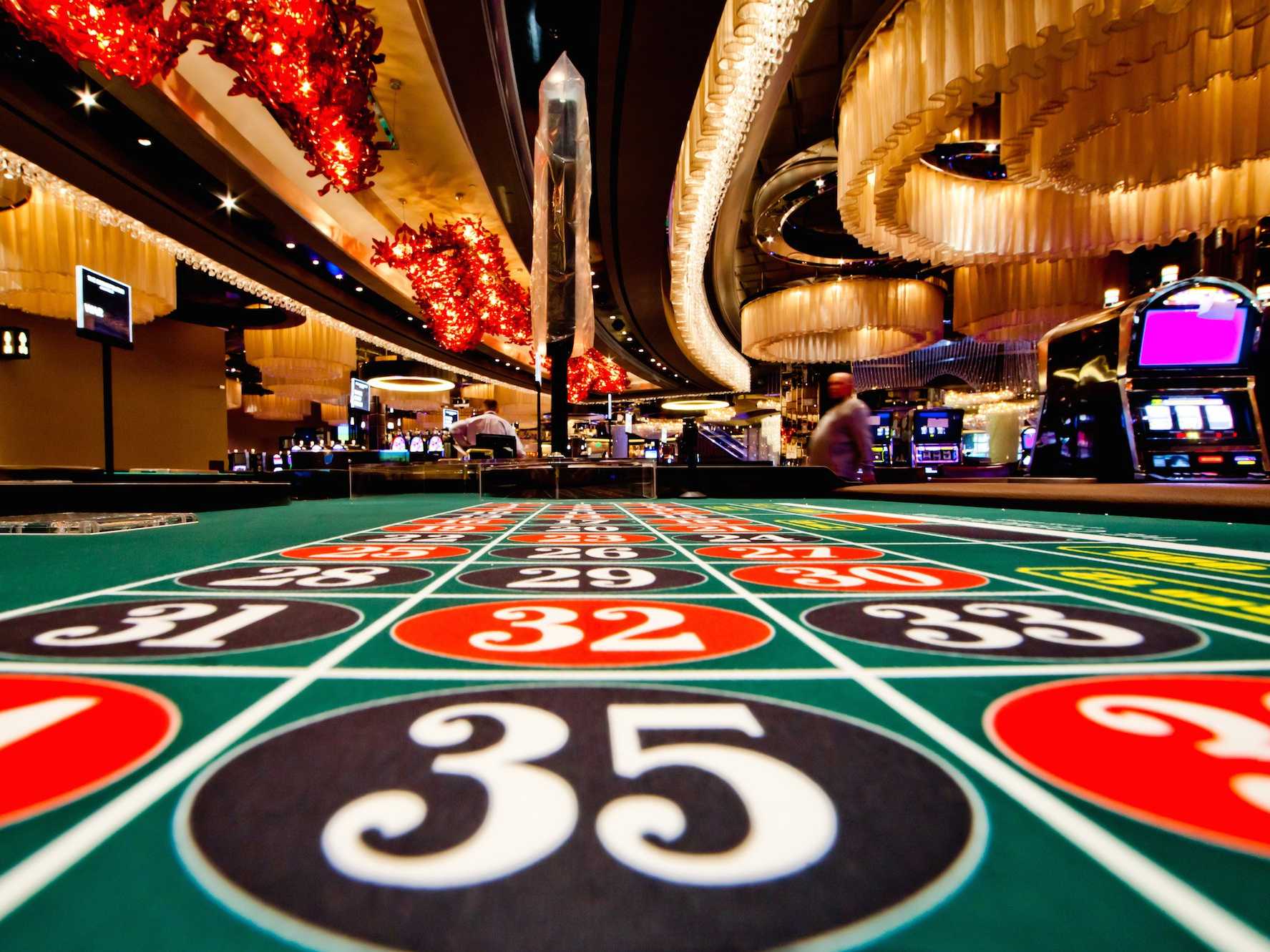
Gambling games have fascinated players for centuries, pulling them into a world of adventure, fortune, and wealth. From the blinking lights of gambling machines to the intense nature of card tables, these activities offer a distinct mixture of fun and hazard. However, below the surface of this glamour and style lies a sophisticated interplay of math that influences every outcome and choice made within the casino.
Comprehending this link between gambling games and numerical principles not just boosts the playing experience but may also help participants make informed decisions. Whether you are a recreational punter or a avid fan, recognizing the math concepts at play can give important understandings into probability, odds, and approaches, finally influencing how one approaches these games of chance.
Arithmetic Probability in Gambling
In the sphere of gambling activities, statistical probability plays a critical role in assessing outcomes and guiding player choices. free spins no deposit no GamStop Each game has a specific set of regulations and a specific likelihood framework that affects its mechanics. For example, in games like the roulette wheel, players must understand the probabilities of choosing a specific digit or shade. The probability of specific occurrences occurring can be calculated, and this understanding can substantially affect betting tactics.
Players also need to be aware of the house edge, which is the statistical advantage that gambling establishments hold over players in the long term. This advantage differs across various activities. In 21, expert players can use tactics to reduce the casino edge to as low as 1 %, while in activities like slot machines, the casino edge can be much higher. Comprehending the house edge allows gamblers to make informed decisions about which activities to participate in and the amount to wager.
Furthermore, probability is essential in the principle of risk versus gain in gambling. Each wager carries a particular risk factor, and gamblers must assess the possible payout against that danger. Activities like poker require players to not only compute the chances of their own showing winning but also to assess the probabilities of their rivals’ hands. By utilizing mathematical concepts to their strategy, players can enhance their chances of success and participate more effectively in the thrilling world of casino games.
Anticipated Worth in Gambling Activities
When talking about casino games, one of the fundamental concepts rooted in math is the expected value. This statistical measure assists gamblers grasp the potential results of their bets over a period. In simple terms, expected worth (EV) determines the mean amount a player can anticipate to gain or lose per wager if they were to play the game repeatedly. Each game has its unique EV, influenced by the probabilities and the casino advantage, which signifies the advantage that the casino holds.
For example, think of a activity like the roulette game. The expected value can be calculated based on the particular wager placed. If a gambler bets on a single number, the payout is 35 to 1, but the true odds of winning that wager are 1 in 37 (in Euro roulette). This results in a detrimental expected value, indicating that, on the whole, gamblers will incur a loss money over a period when playing this type of bet. Grasping this idea allows players to make more informed decisions about which games and wagers may be more favorable.
Additionally, the investigation of expected worth can lead to better money management. Players who understand the mathematics behind their activities are often able to set realistic goals. By acknowledging their possible losses and profits, they can adjust their gambling strategies appropriately, which may improve their total gaming experience. As a result, expected value serves as a crucial resource for both beginner and experienced players to navigate the frequently unpredictable nature of gambling activities.
Tactics and Chances: The Arithmetic Behind Winning
In gambling games, grasping the chances is crucial for gamblers attempting to maximize their likelihood of success. Each game has its own unique set of odds that establish successful performances, and these numbers are often presented in the game’s rules or reward charts. For example, in games like blackjack, participants can boost their chances through strategies such as card counting, which depends on math principles to gain an advantage over the establishment. By acquainting themselves with the odds, gamblers can make more informed choices on when to place bets and when to give up.
Moreover, the concept of expected outcome has a critical role in casino strategies. Expected value assesses the typical outcome of a wager over the long run, allowing gamblers to judge whether a specific stake is valuable taking. For instance, fruit machines have a set return percentage, which can suggest the typical payout a participant can anticipate on their stakes. By opting for games with higher payout percentages, players can lessen the house advantage, boosting their possible rewards in the future.
Finally, successful players often employ a mix of chance and math strategy to boost their gaming experience. While chance is unpredictable, managing a betting strategy based on mathematical insights can lead to more positive results. By utilizing techniques such as money management and picking games, gamblers can utilize math to maneuver through the unpredictable nature of gaming, making the most of their investments and resources at the tables.